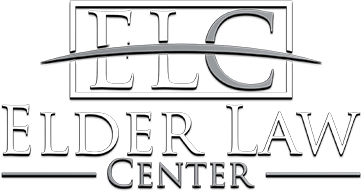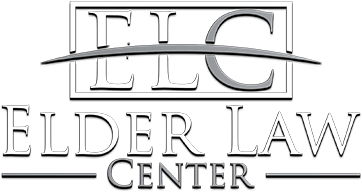Frequently Asked Questions
Knowledgeable Lawyers Serving Clients in Riverside, CA, and the Surrounding Counties
As you start to think about some of the legal concerns that may present themselves as you grow older, you may understandably have questions. Our dedicated team at Elder Law Center, P.C. has been serving California families since 1982. We have seen just about everything and are prepared to answer all of your frequently asked questions about elder law, estate planning, probate, bankruptcy, and more.
Contact us online or call (951) 474-0708 to schedule a free initial consultation. Flexible payment options are available.
When Should I Speak to an Elder Law Attorney?
The answer will depend on your unique circumstances. As a general rule, you should discuss your situation and plan with a legal professional by the time you turn 60 – especially if you are approaching retirement. You may want to start the conversation sooner if have immediate financial or medical concerns. Proactive planning may involve having some tough conversations, but an ounce of prevention is worth a pound of cure
How Can an Elder Law Attorney Help Me and My Family?
Lawyers practicing in this area can help families plan for a variety of scenarios that may become more relevant as you or a loved one gets older. An elder law attorney can walk you through and help you understand your legal options.
Our team at Elder Law Center, P.C. can assist you with:
- Asset preservation and protection
- Conservatorships
- Estate planning
- Advanced health care directives
- Trust administration
- Public benefits programs
- Long-term care planning
- Physical and financial elder abuse
- Tax relief, specifically federal estate taxes and capital gains taxes
When Should I Start Creating an Estate Plan in California?
As soon as you turn 18! There is a misguided belief that estate planning is reserved for the elderly. Because no one can predict life’s most unexpected twists and turns, every adult should have at least a basic estate plan. Should you pass away without an estate plan, you will have no control over where your assets go. If you become incapacitated without an estate plan, it will be hard for your loved ones to advocate for you, and you will have no say in the medical care you receive or how your affairs are managed. Ideally, you should establish a will, at least one trust, durable powers of attorney, advanced health care directives, and HIPPA medical compliance documents. We recommend families build their estate plans together and ensure their mechanisms are aligned to provide generations of protection.
Do I Need to Update My Estate Plan in California?
Yes! You should examine your estate plan every few years, even if it feels like not much has changed. You may be surprised how many updates are necessary. You should make immediate changes if you experience a significant life event, such as a marriage or divorce, the birth or adoption of a child, or a substantial change in financial circumstances. Many estate planning tools must be modified using highly specific procedures, but we can ensure all rules are followed and that your updated wishes will be enforceable.
Why Should I Take Steps to Avoid Probate in California?
Probate is the process through which a deceased person’s estate is settled in the eyes of the law. It is known for being expensive, time-consuming, and burdensome. No one wants their loved ones caught up in court conflicts and red tape in the immediate wake of their passing, so it is typically advantageous to avoid probate as much as possible. Using a revocable living trust can help you manage inheritances and minimize the role of probate.
Can Someone Contest a Will in California?
Yes. Any “interested party” – typically an heir or a family member left off the will – has the right to contest the validity or enforceability of your last will and testament. These disputes will typically need to be resolved through litigation. While other law firms tend to hire outside litigators, we are skilled litigators who are prepared to effectively handle these and other conflicts.
We are also prepared to handle the following types of trust litigation:
- Removal of trustee actions
- Breach of fiduciary duty
- Objections to trust accountings
- Defective trust construction claims
- Trust validity issues and concerns
If you have additional questions about elder law, probate, estate planning, or bankruptcy, do not hesitate to call (951) 474-0708 or contact us online.

